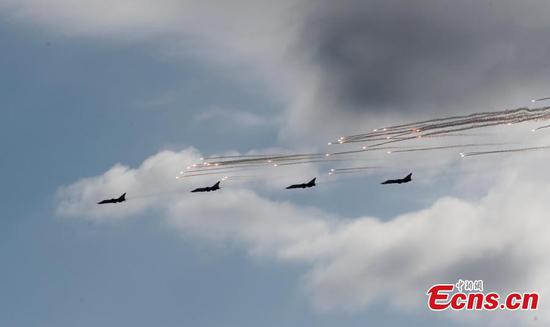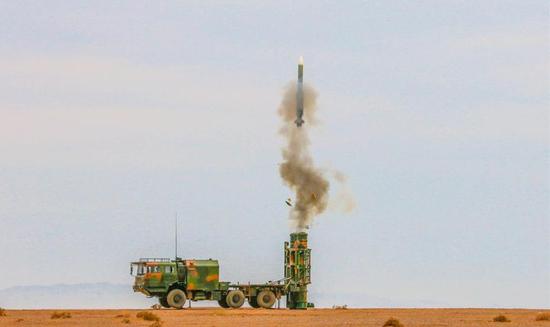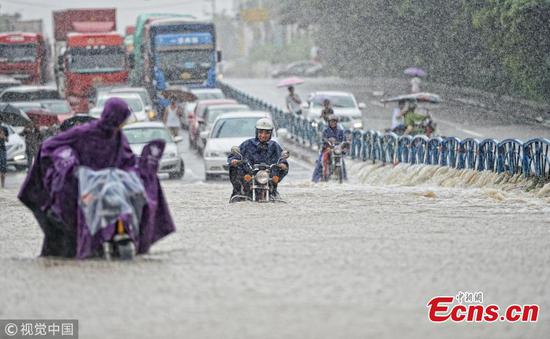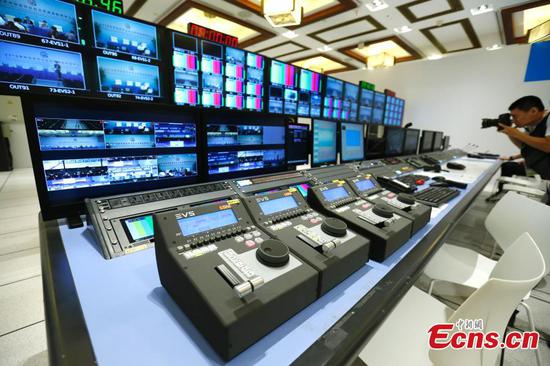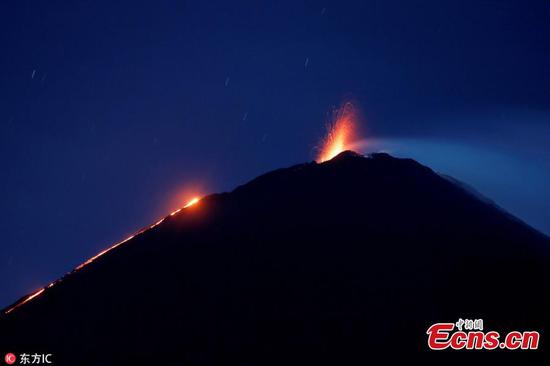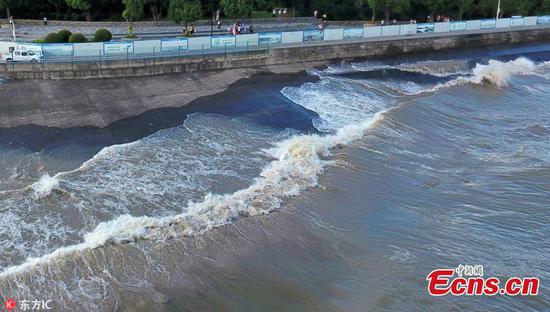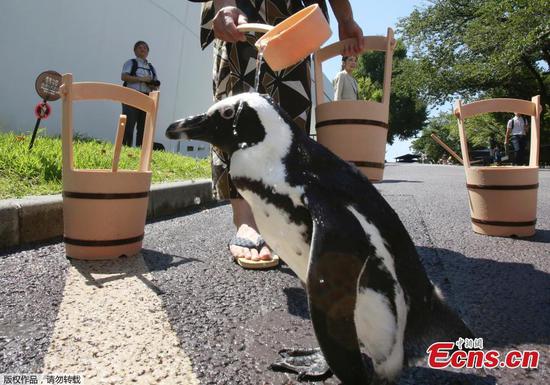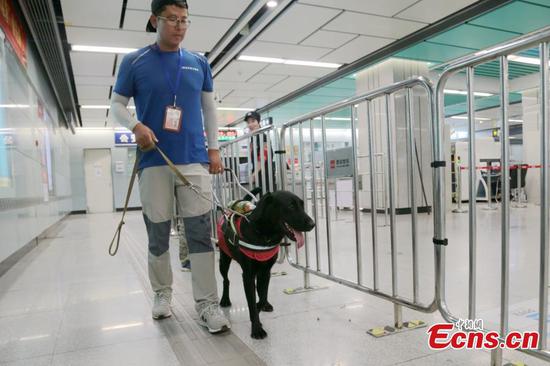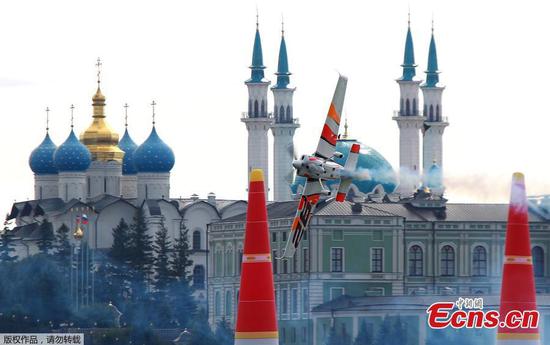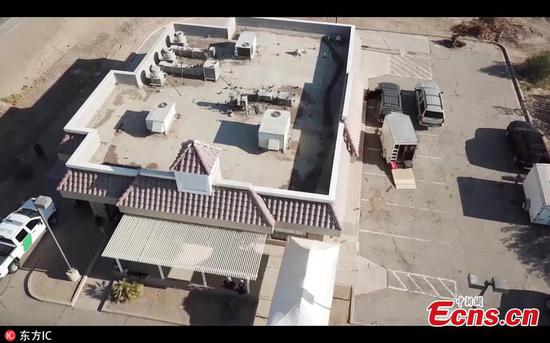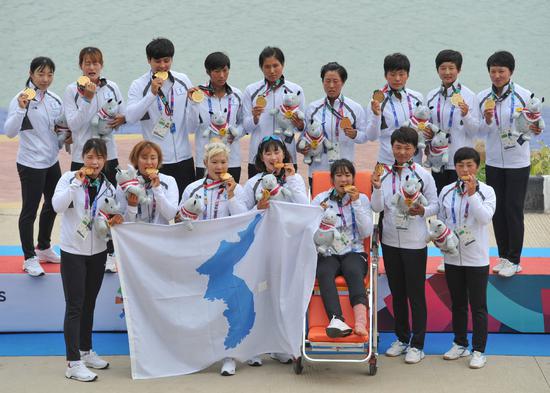Japan has once again made irresponsible remarks in its annual defense white paper about China's normal and justified maritime activities.
Such an action will do no good to the bilateral relationship which has been warming up recently. Neither will it do any good to regional stability.
It is hoped that Tokyo can make more efforts to enhance mutual trust with Beijing and safeguard regional peace and stability, instead of seeking various excuses for its own expansion of armaments.
Japan's defense ministry released a defense white paper for 2018 on Tuesday, which, while summarizing the country's defense policy changes, also mentioned the so-called "increased military activities" that "constitute a threat" to regional security.
The report devoted some 35 pages to making irresponsible remarks on China's national defense system and its normal and justified maritime activities in the East and South China Seas, claiming that such activities constitute "a strong concern" for Japan.
Beijing has repeatedly made it clear that China's navy and air force activities are in line with international law, domestic law as well as national defense needs.
Japan also has no right to make carping comments on China's legitimate activities near the Diaoyu Islands, which are China's inherent territory in all historical, geographical and legal terms, and for which Japan has made unjustified claim.
The Japanese defense white paper has also said that "there is no change" in Japan's view of the threat posed by the Democratic People's Republic of Korea (DPRK)'s nuclear weapons and missiles, though admitting the DPRK's commitment to denuclearization made at a summit with the United States in Singapore on June 12 is "significant."
Analysts here pointed out that by hyping up the regional threat, Japan is trying to make excuses for its continued expansion of military power, its purchase of expansive U.S. armaments, and its attempts to revise the pacifist Constitution.
Japan has been showing a growing ambition for military expansion, with its military expenditure reaching record highs over the past few years despite heavy burdens to the country already deep in debt, its planned introduction of the U.S.-developed land-based Aegis Ashore missile shield, and its attempt to "strengthen defense capabilities in new fields such as cyberspace and outer space," among others.
Japanese media also reported the government's plan to update the National Defense Program Guidelines, which is expected to further boost Japan's defense power to "deal with the increasingly severe security situation surrounding Japan."
Japanese Prime Minister Shinzo Abe has declared candidacy for his third consecutive term as president of the ruling Liberal Democratic Party (LDP), and if reelected, he will become the longest-serving prime minister in postwar Japan.
As Abe's security policies are to be in the limelight, it's advisable that Japan should make more efforts to support political solution of the Korean Peninsula issue, and enhance mutual trust with China to promote regional peace and stability, instead of making lame excuses for fueling an arms race.
For Japan, it is worth noting that to deal with the so-called "increasingly severe security situation," the proper solution would be dealing with the challenges through cooperation and coordination of the international community.
Meanwhile, given the uncertainties now facing the global economy, Japan should also cherish the rapprochement of relations with China, and walk the talk to meet China halfway and consolidate this positive momentum to benefit the people of the two neighbors.












